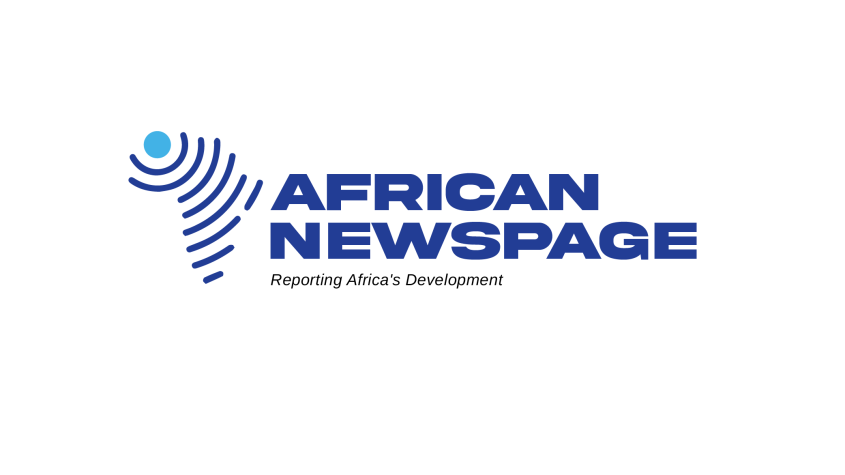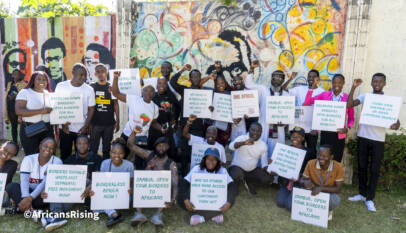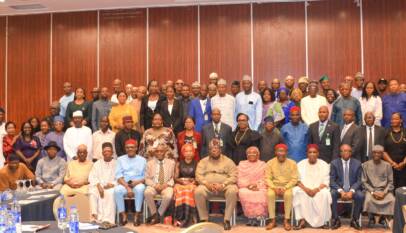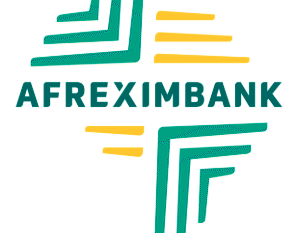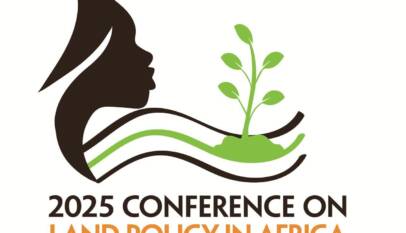OP-ED | How Off-Grid Solar Can Transform an Economy, By Ibrahim Matola
Proven, sustainable, and inclusive, distributed renewable energy is lighting up Malawi’s path to growth—unlocking opportunities for education, enterprise, and a model for rural nations across the Global South.
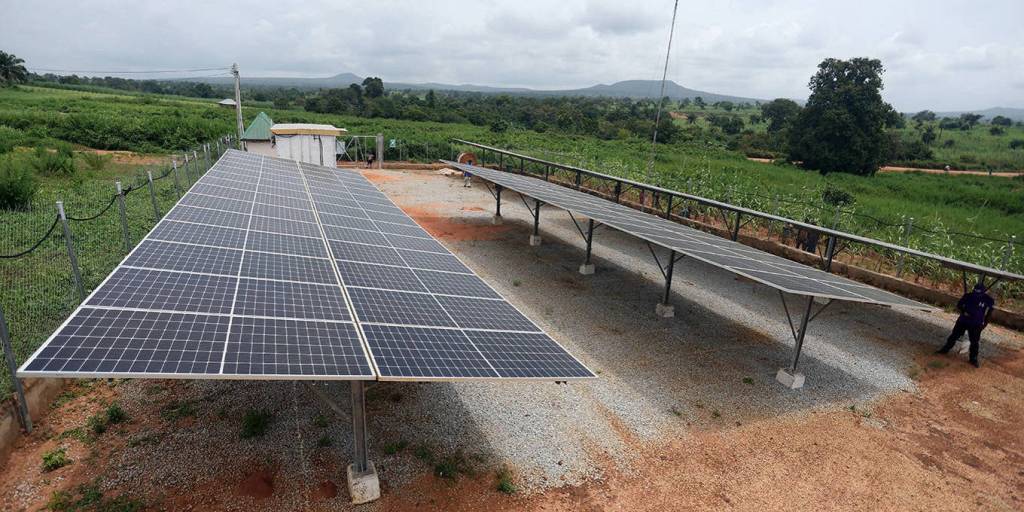
Like many African countries, Malawi faces significant energy-access challenges. In 2024, just 26% of the population had regular access to electricity – 11.3% via the grid and 14.6% through off-grid systems. With a population that is predominantly rural and widely dispersed, grid extension is costly, slow, and often unfeasible. Making matters worse, recent global economic shocks have further constrained investment in large-scale infrastructure.
Thus, for millions of Malawians, life after sunset has long unfolded in near-total darkness. Children struggle to study, businesses shut down early, and community life grinds to a halt. Rural households have had no choice but to rely on candles, kerosene, or battery-powered torches – costly, polluting stopgaps that undermine health, education, and economic opportunity.
But the outlook has brightened thanks to advances in distributed renewable energy (DRE) technologies – including solar-powered lanterns, solar home systems, and mini-grids – which can be deployed quickly, scaled flexibly, and priced more in line with household-income levels.
As realistic, sustainable, and inclusive solutions to the energy-access problem, DREs are powering economic growth by enabling small businesses to operate after dark, creating jobs in the clean-energy sector, and unlocking opportunities across education, health care, agriculture, and other sectors.
To leverage the opportunities implied by off-grid solar, the Malawian government has launched a suite of new initiatives and programs. A good example is the flagship Ngwee Ngwee Ngwee Fund (NNNF), launched in 2023 with $20 million from the World Bank through the Malawi Electricity Access Project. Designed to expand rural electrification, the NNNF offers concessional finance and subsidies to off-grid solar companies, enabling them to reduce costs to consumers and make home solar systems more affordable.
By focusing on small Tier-1 systems, this approach has successfully expanded electricity access in Malawi, already surpassing the original target of 250,000 households by June 2025. Moreover, around 10% of the new home solar systems are being used to generate income and operate small businesses.
The NNNF’s success has led to a rapid increase in private-sector investment. For example, local and women-led companies like Zuwa or Yellow offer pay-as-you-go solar power systems that align with rural income patterns and support unbanked customers, while SolarAid Malawi supplies electricity through its energy-as-a-service approach. Thanks to these efforts, the country aims to reach 1.55 million off-grid connections by 2030.
To complement this ambition, new energy cooperatives are rolling out mini-grids in high-demand areas. These cooperatives will also help to keep the focus on productive uses of electricity (such as oil expelling, welding, and bakeries) and provide power for farming needs such as irrigation and processing.
Through our Mission 300 Energy Compact, Malawi aims to achieve 70% national electricity access by the end of the decade, setting an example for others across the Global South. The NNNF has shown that public finance can unlock private-sector delivery, helping solar companies to reach rural households quickly and affordably.
But subsidies are just one lever. In 2022, we also removed taxes on off-grid solar products, services, and equipment, to reduce costs and make solar more accessible to low-income households. NNNF subsidies have helped, but the consistent, predictable tax and policy frameworks that support them have been no less important.
Now, we are looking beyond access to explore how off-grid solutions can also serve broader development goals. The economic logic is clear. Energy access allows Malawians to work and study after dark, run small businesses, irrigate farms, store food, and access mobile money. These activities raise incomes, deepen markets, and ultimately expand the country’s tax base.
Proactive, responsible fiscal policies can not only promote energy access but also drive rural development and economic growth. Off-grid energy is breathing new life into local economies, with the sector itself creating thousands of jobs. Solar companies are training and hiring sales agents, technicians, installers, customer service teams, and community representatives. These jobs often replace informal work or subsistence farming, offering skills, steady incomes, and long-term career paths. Many of these jobs go to women and young people, fostering greater inclusion and stronger community leadership.
Beyond creating jobs, reliable energy access enables new livelihoods – powering everything from barbershops and radio stations to farms and restaurants. Malawi is proving that clean energy and economic growth can go hand in hand, opening doors for the next generation.
Crucially, off-grid solar technologies are delivering power to communities that were left behind by traditional infrastructure. These are no longer niche, untested solutions. They are a central part of our integrated energy-access strategy. By combining public commitments, private innovation, and integrated planning, we are building energy systems that reflect today’s rural and urban realities.
The momentum behind these technologies is growing globally, with initiatives like Mission 300 signaling stronger international political will. But we must not become complacent. Clean energy is not a luxury. It is the foundation for modern life, and millions are still waiting for access.
Ibrahim Matola is the Minister of Energy of Malawi. This Op-Ed article was originally published on Project Syndicate; the views expressed in it are those of the authors and do not necessarily reflect African Newspage’s editorial policy.

